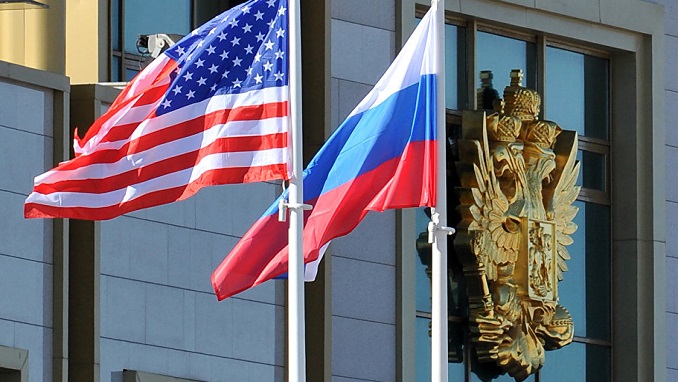The United States is particularly active in meddling in Russia’s internal affairs and is spending tens of millions of dollars for the purpose annually, Andrei Klimov, Head of Russia’s Federation Council (Parliament upper house) Commission to Protect Russia’s State Sovereignty and Prevent Interference in its Internal Affairs, told the Izvestya newspaper.
“That’s at least tens of millions of dollars, but perhaps a lot more. And these are only those funds, which are stipulated by the law of August 2, 2017 (which contains recommendations for Washington’s allies on countering Russia). You can include here the CIA and the Pentagon budgets. However, this is classified information. Plus, the funds allocated to all kinds of foundations affiliated with the relevant organizations,” he explained.
In addition to the U.S., among those who are trying to actively meddle in Russia’s internal affairs is the UK. However, London, as a rule, plays second fiddle often acting as Washington’s instigator.
“This is also true of the ‘Skripal case’. One can recall the BBC documentary about Vladimir Putin, produced in a distinctly American style. Along with that, one can recall the media support of the Litvinenko poisoning case by Sky News television or the coverage of the MH17 jet crash (downed in the sky over Donbass in 2014),” Andrei Manoilo, member of the scientific advisory board to Russia’s Security Council, told the paper.
He noted that the money allocated and the titles of the programs to this effect could be seen in reports by the U.S. State Department, which oversees the distribution of funds to the programs to counter “Russian propaganda” or “promote democracy” endorsed by the U.S. Congress.
“It is known that Americans spent $200 million from 2008 to 2012 on influencing election campaigns, that is, at $50 million per year on average. In my opinion, during the presidential elections in Russia in 2018, much more money was spent”, political analyst Andrey Manoilo said.












